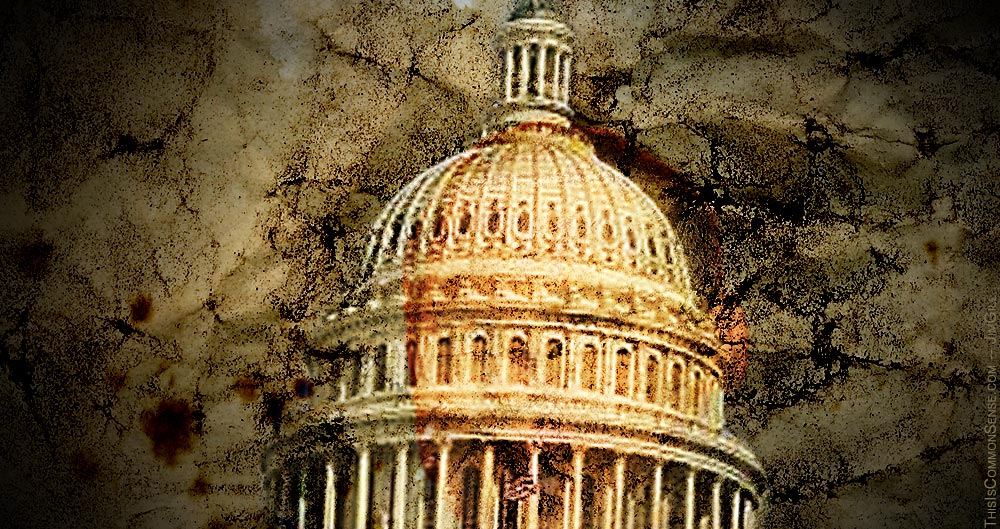My idea of a “free market” is not our politicians’. Their idea is to give away free stuff to their new and old business buddies . . . at everyone else’s expense.
That sort of “crony capitalism” has been writ large per Amazon’s search for a location for a second headquarters (HQ2). The world’s biggest retailer — valued higher on the market than all other major retailers combined — announced it would spend $5 billion and bestow 50,000 new jobs on HQ2’s locale. Subsequently, 238 cities, states and provinces in the U.S., Canada, and Mexico offered to take from their current citizenry to give unfairly to Amazon.
Chicago’s proposal would allow Amazon to keep the income taxes their employees pay. Seriously. This “personal income-tax diversion” would add up to over a billion dollars for the company.
New Jersey state government offered a cool $7 billion in subsidies should Amazon choose to locate in Newark.
Seattle Times columnist Danny Westneat described this sorry spectacle of subsidy as not so much a corporate “takeover” as a government “surrender.”
The most egregious example, though, has to be Fresno, California, where the city “promises to funnel 85 percent of all taxes and fees generated by Amazon into a special fund. . . . overseen by a board, half made up of Amazon officers . . . supposed to spend the money on housing, roads and parks in and around Amazon.”
“Rather than the money disappearing into a civic black hole,” explained Larry Westurland, Fresno’s economic development director, “Amazon would have a say on where it would go.”
Selling out the taxpayers? Moolah in the millions. Referring to a normal city budget as a “black hole”? Priceless.
This is Common Sense. I’m Paul Jacob.











